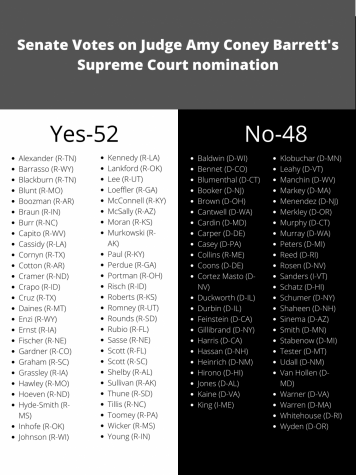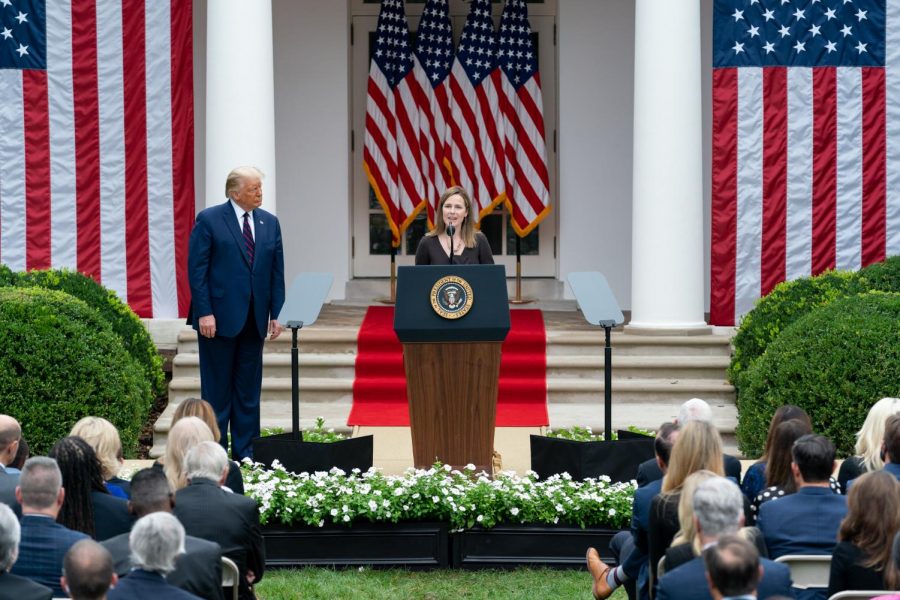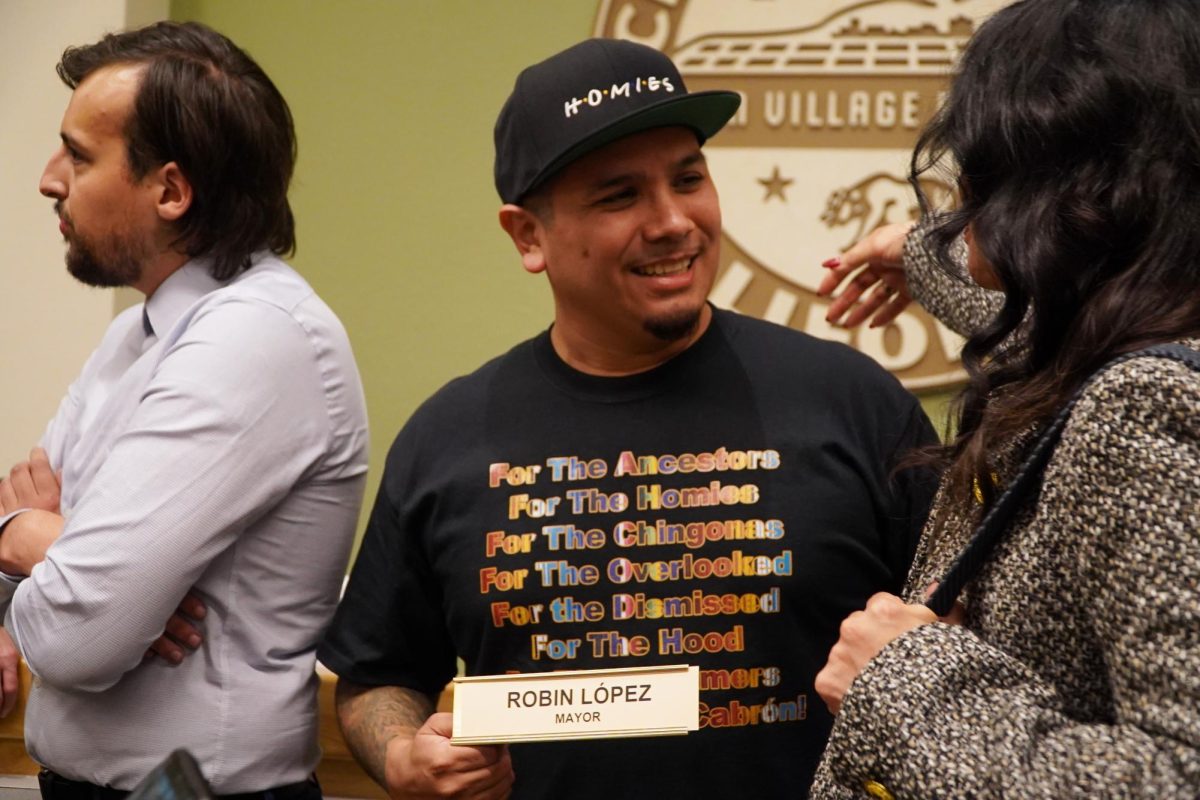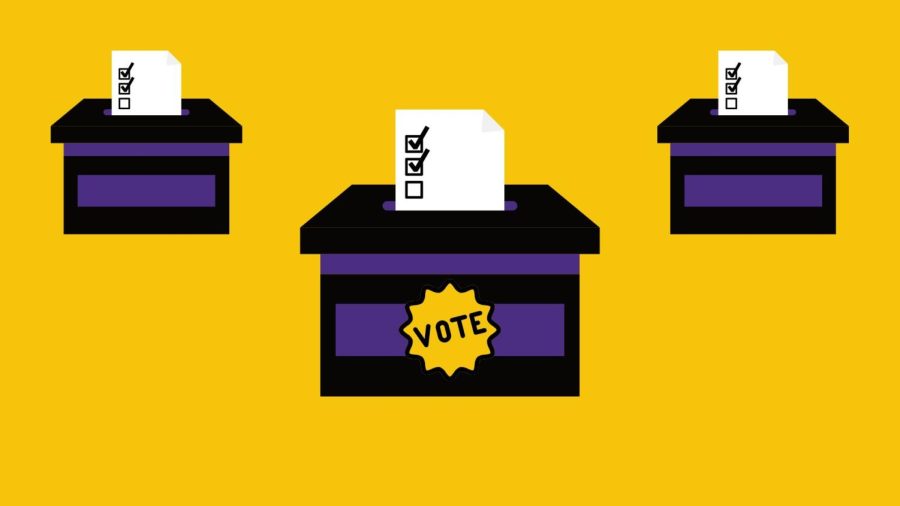The Senate confirmed Judge Amy Coney Barrett to serve on the Supreme Court on Monday evening. The vote came with a heavily divided, partisan Senate in a 52-48 vote, with Republicans supporting and Democrats opposing the nomination. Only one Republican, Sen. Susan Collins (R-ME), voted against Barrett’s confirmation
Her confirmation marks her as the fifth woman to serve on the country’s highest court, and will create a conservative majority of 6-3 in the Supreme Court. The 48-year-old judge will fill the Supreme Court seat of the late Justice Ruth Bader Ginsburg, who passed away from pancreatic cancer on Sept. 18. Barrett’s confirmation occurs eight days before Election Day.
Barrett is a graduate from the Notre Dame Law School, where she also served as a law professor. She is a former law clerk of the late Justice Antonin Scalia, a conservative justice who ruled in opposition of Obergefell v. Hodges, which recognized and granted same-sex marriage in all states in 2015. 
Like Scalia, she is an originalist, someone who interprets the Constitution as the authors intended when it was written. Barrett identifies as a devout Catholic and defends her beliefs by saying that they do not affect her decisions.
Her conservative views have raised concern in Democrats and supporters of Roe v. Wade and the Affordable Care Act, who believes that both could be overturned after she starts serving in the Supreme Court.
“While it is impossible to know the range of issues this will affect, there are already questions of healthcare that are set to come before the court this year,” SF State political science Professor Rebecca Eissler said in an email to Xpress. “I can’t help but think we we will see a renewed emphasis on overturning reproductive rights and LGBTQ+ rights, as those issues seem to be in line with her past statements and positions that we are familiar with from other conservative justices on the court.”
Barrett was sworn in by Justice Clarence Thomas shortly after the Senate confirmed the vote, and in the presence of President Donald Trump, who nominated her for the vacancy. While Barrett was given the constitutional oath, she still must take the judicial oath.
“Justice Barrett made clear she will issue rulings based solely upon a faithful reading of the law and the Constitution as written, not legislate from the bench,” Trump said.












